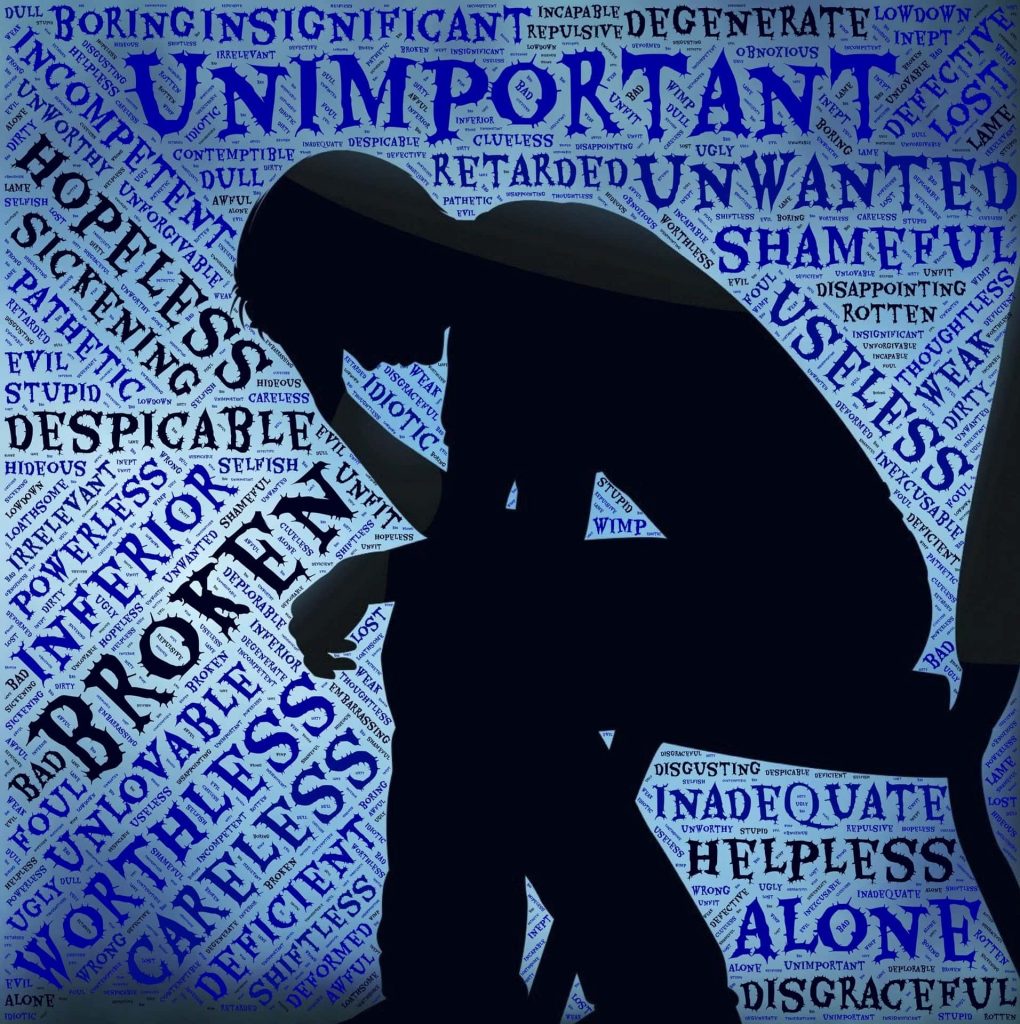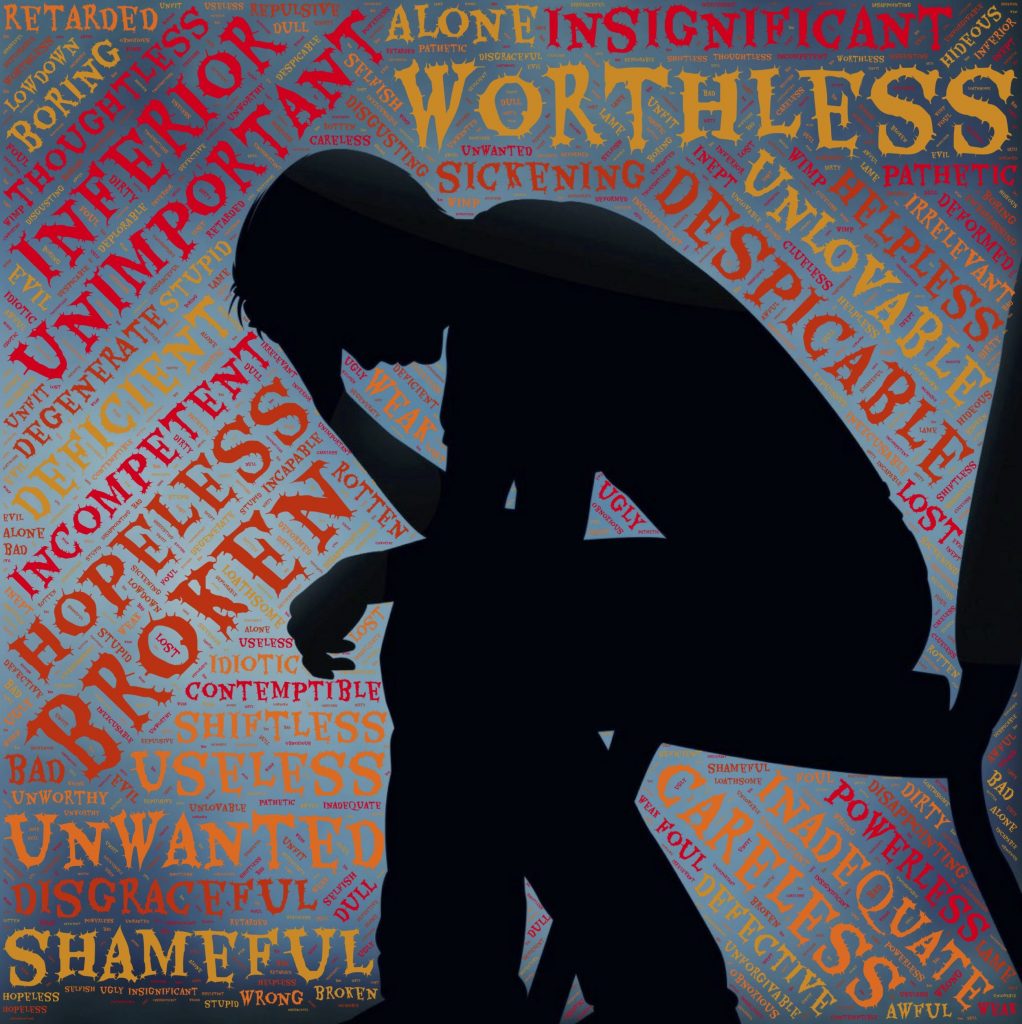CBT for Depression

Depression is certainly not a lifestyle choice!
- Depressed mood suicidal ideation
- Feelings of guilt or worthlessness (or hopelessness)
- Loss of interest and pleasure
- Sleep disturbance
- Decrease or increase in weight
- Psychomotor retardation or agitation
- Tiredness or loss of energy inability to concentrate or indecisiveness
- Many depressed people feel extremely anxious as well, and often express various worries, and feel nauseated, or dizzy, and sometimes have hot and cold flashes, blurred vision, racing heartbeat, and sweating.
Other common symptoms include:
- Sadness,
- Loss of appetite,
- Physical complaints,
- Self-criticism,
- Withdrawal from other people,
- Irritability
There is no shame in being depressed!
Clinical depression varies from mild to severe. For example, a few people complain of one or two symptoms that occur some of the time. However, other people, suffering from severe depression, can complain of a large number of symptoms that are frequent, long-lasting, and quite disturbing.
It is important to note that a clinical depression is not the same as grieving after the loss of a loved one through death, separation, or divorce. Such emotional responses as sadness, emptiness, low energy, and lack of interest are part of the normal grieving process, as can be the case when anger and anxiety occur. Clinical depression differs from normal grief, in that it may occur without any significant loss or obvious causative factors. Clinical depression may also last considerably longer than grief and may also include feelings of self-criticism, hopelessness, and despair.
In this day and age it would be very unusual to meet anyone who could say hand on heart that they have never felt “depressed.” Mood fluctuations are part of the normal human experience and subsequently, they can help us to appreciate that some part of our lives needs some kind of review. However, clinical depression is far worse than experiencing simple fluctuations in mood. If you are experiencing a number of these symptoms and have not sought medical advice, please make an appointment to discuss these problems with your general practitioner (GP). There is no shame in being depressed! If you want help on how CBT can help, please click here.

